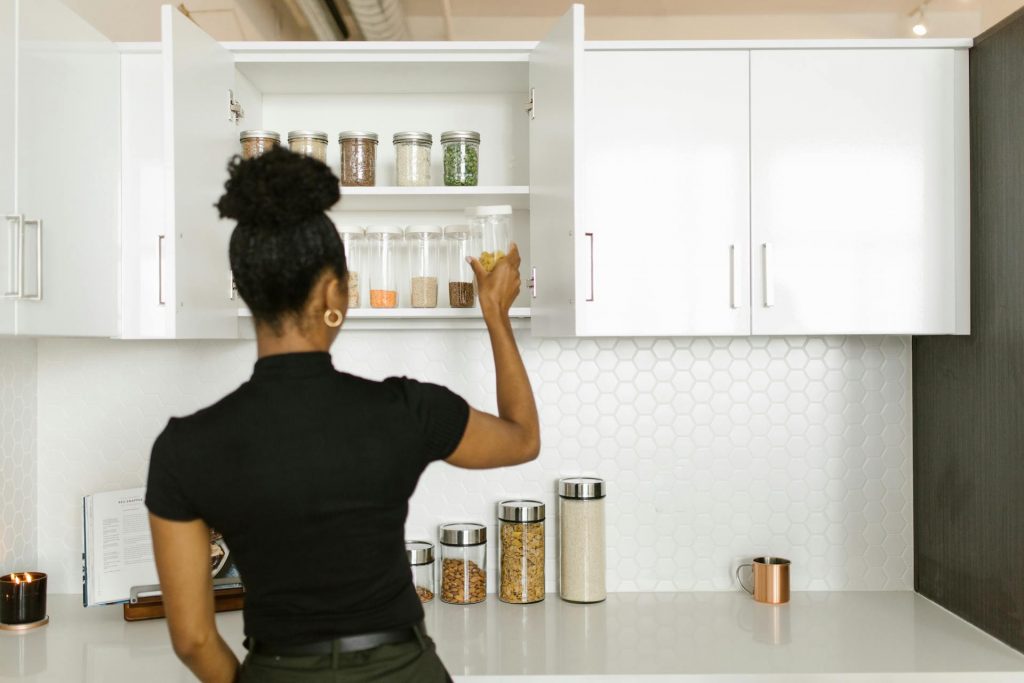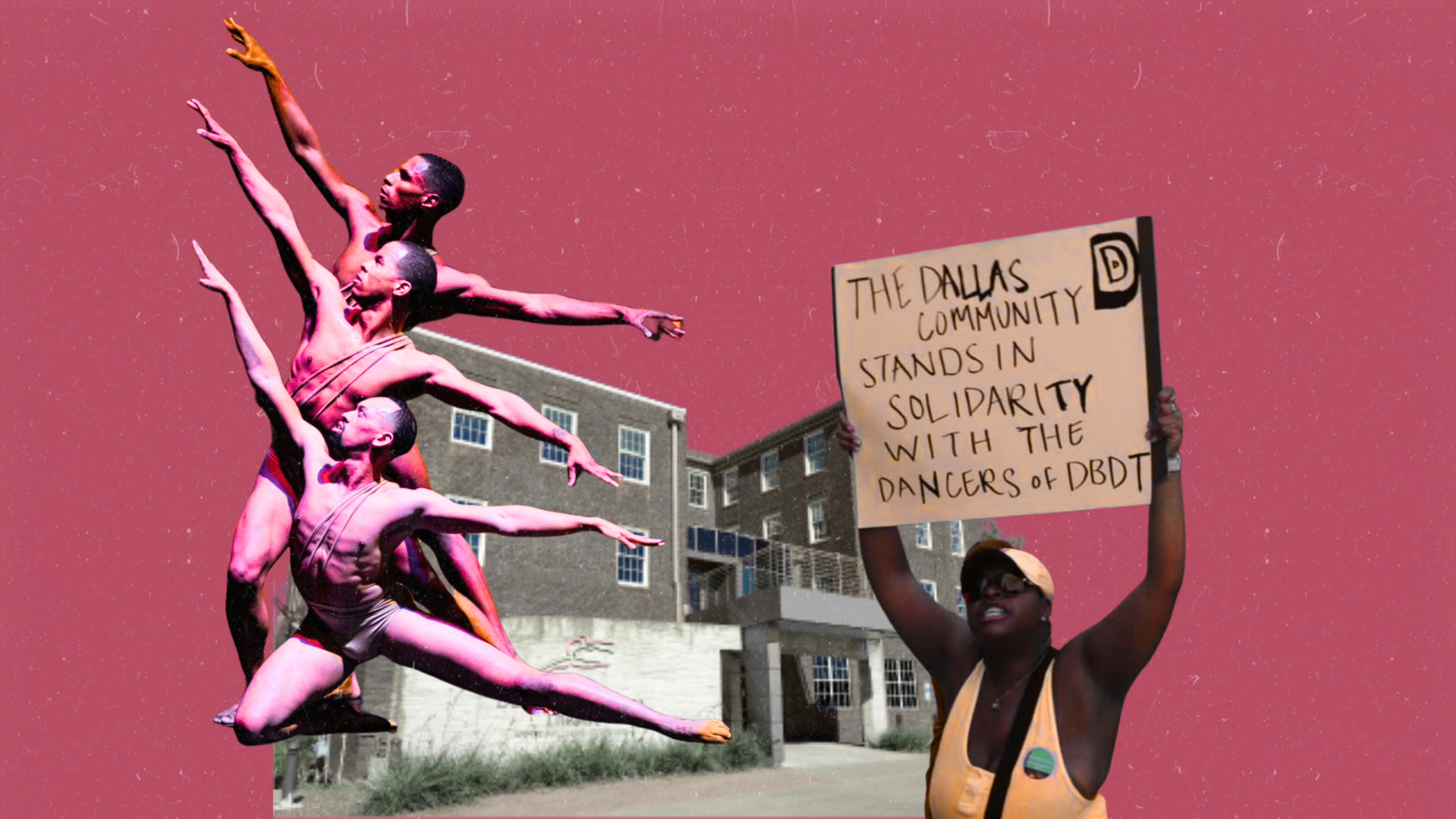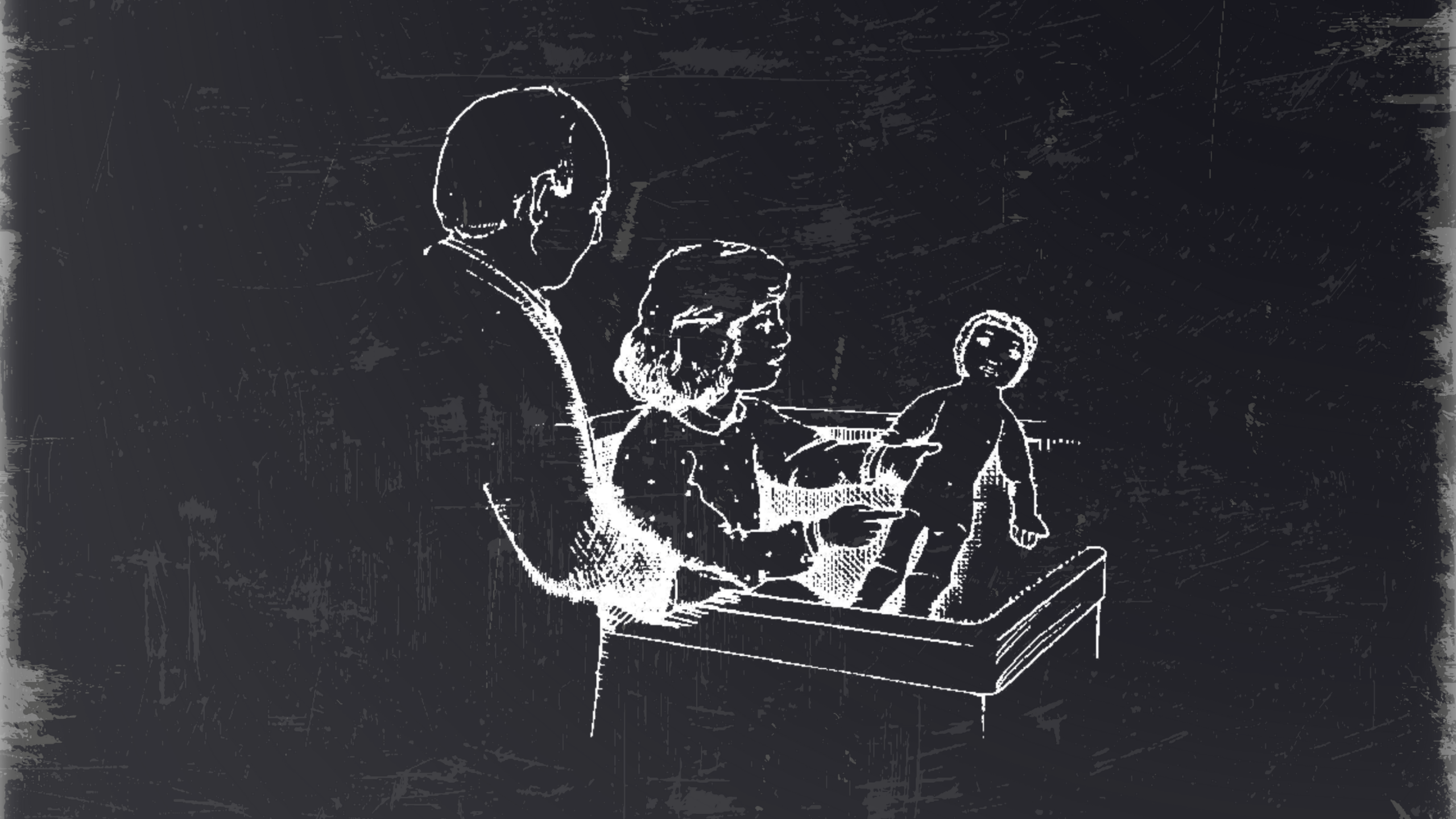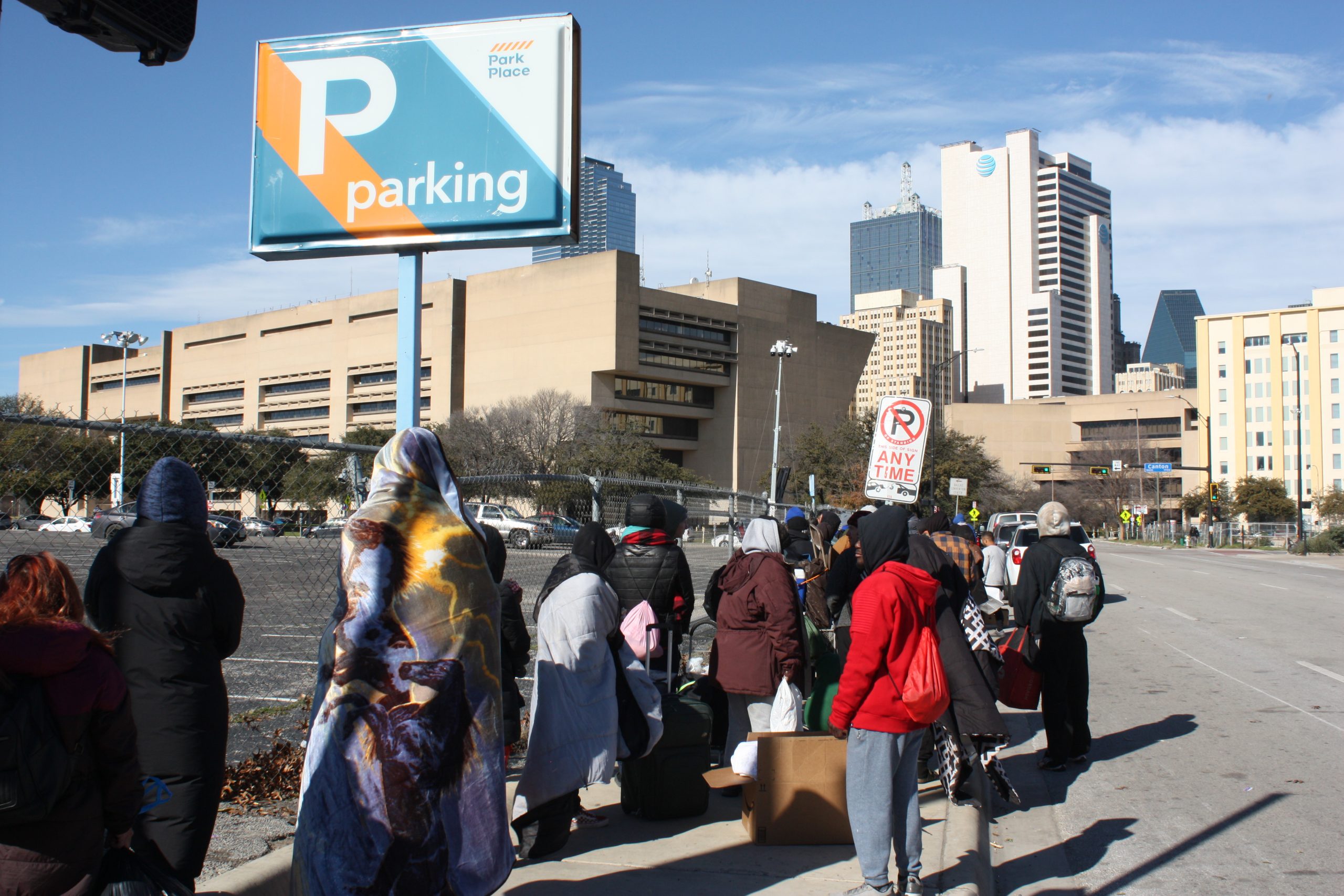The Good and the Bad of the Soft Life
Go on tiktok and search the terms “soft life,” or “feminine era.” What inevitably will pop up at first

Go on tiktok and search the terms “soft life,” or “feminine era.” What inevitably will pop up at first will be inspiring, motivational really. You’ll be met with Black women encouraging you not to be hyper independent. To accept help because Black women are not unbreakable. You’ll come across Black women who show their lives in aesthetically pleasing montages of luxury vacations, self-care, expensive dinners and lush shopping trips. Inherently, there’s nothing wrong with this.
Statistically, Black women are easily one of the most endangered communities. There’s the epidemic that is Black femicide (Black women being killed by their partners), police brutality, medical bias and if you manage to make it past all of these challenges, Black women are the community most likely to die in childbirth. Black women carry the burden of trying to be superwoman. To be smart, but never make a man feel lesser through the simple virtue of doing well for yourself. You have to “settle, “ for a partner that is less educated and less financially stable because otherwise you will be perceived as evil. You don’t have to say or do anything, your accomplishments signify that you require humbling. Carrying all of this weight on top of the burden of capitalism is difficult. Black women deserve to want more for themselves. To not worry about something every waking moment. As Lacriessia Malone states in her piece for Ms. Magazine, the soft life movement does just that, offering a respite from the expectations the world pushes on us.

“The soft life intentionally pursues an easy and peaceful life,” Malone said. “A soft life is a lifestyle of comfort and relaxation with minimal challenges and stress. Black women rarely get to experience that and often are expected to be the backbone of their families. The ultimate goal is to thrive and enjoy life without having to endure hardships, pain or burdens.”
The issue that lies beneath the surface however, is that this content does not stop at a pilates routine and being kinder to yourself. If you’re too young to listen to SheraSeven with discernment. It results in women maligning anything other women do that is perceived as remotely, “masculine,” like swearing, or not having your hair done everyday. It results in women infantilizing themselves and saying their boyfriends/husbands bring out the child in them, or being content with the fact that they don’t understand their own finances. It encourages ignorance that can be a genuine harm to women’s health.
Getting Lost in the Soft Life
It should be noted that soft life content is not my problem necessarily. Again, Black women should prioritize their mental and physical health, especially considering how disregarded both are by the world at large. Soft life content however, seems to be an easy pipeline into more conservative, materialistic territory if you’re not careful. It can lead to you taking the advice of tik tok creators like Kniamya (who has over 234,000 followers), who told her audience that in order to be feminine you: should always have your hair done, can’t wear a bonnet in public, need to purchase perfumes and you shouldn’t speak aggressively. Then, there’s the capitalism of it all. Most people, but especially Black women do not have the finances to freely live the soft life as some can. For soft life creators, it is their brand and in turn, the source of their pay to display a soft life. As writer Desola points out, while capitalism may have been antithetical to the original meaning of living a soft life, the version most of us know requires it.
“What seems to be overlooked in popular discourse about soft life is that the version of soft life so heavily marketed and championed online requires a significant amount of work to initiate and sustain,” Desola states. “According to media representations of it, a soft life is fundamentally a costly life, it requires deep pockets and undue labor.”
The other path for women who are seeking to live the soft life of course, is finding a provider. But, there is a real danger to that.

The Danger of the Soft Life and Princess Treatment
The soft life seems to concerningly center men, specifically as provider are crucial to their experience. You see this in the rise of creators like SheraSeven and Nia Chi. Women who display and dole out advice about how to secure a masculine provider. Notably and obviously, you shouldn’t take their (or really anyone’s) advice with a grain of salt. But, not easily falling for the trap of traditional femininity is a lot easier said than done when your mind isn’t beaten down by the weight of capitalism. When you’re burnt out, looking for a way to find peace and you start falling down the soft life pipeline that may be where you end up. A Times article by Vanessa Scaringi, a licensed psychologist, covers this exact phenomenon. Scaringi points out that in her experience working with Gen Z women the decline in young women’s mental health is tied to this idealistic feminine fantasy.
“The bill of goods endorsed by these ultra-traditional lifestyles and by the influencers of them is that life feels better if we are provided for and we can simply focus on what makes us happy. It seems like an easier pill to swallow than “life is hard” and “let’s practice dealing with it,” Scaringi stated.
This escapism is a trap however. Take the trend of women telling their husbands/boyfriends (as a prank) that they can’t cover the mortgage/rent, and some of the men respond by asking if these women even know how much household expenses like rent/mortgage and bills are. The women laugh it off but that is incredibly concerning, but it’s played off as a positive. That you’re so taken care of and so stress free that you don’t know such things. But, it’s an idea of how easy it is for you as a woman to be out of your depth and at risk of losing everything. Even if your partner doesn’t leave you, they can die and even if you’re left with money, you don’t know how to budget it. Then, you have the recent controversy around Gabrielle Union rescinding her support of the 50/50 lifestyle on the Balanced Black Girl Podcast, stating that it was a trauma response and a need for control. What people are missing is that this is exactly why a lot of women refuse to split finances. Because going 50/50 (when your income is similar/the same) is better than leaving yourself vulnerable to financial abuse. If you’re not careful, it can be a trap.
Do pilates, date people who make you feel loved and safe. But recognize that being a woman is a complex, beautiful and arduous experience. For some Black women, being polite and presentable is how they’ve lived their whole life and being allowed to express rage is a stress relief. For some Black women standing up for themselves and being aggressive is a stress relief. Being allowed the space to express emotion without being labeled the angry Black girl is a stress relief.
These are all things to remember this women’s history month. You don’t have to always speak softly, you don’t always have to be calm and have your hair done. If you are doing those things and it feels inauthentic to you, you aren’t embracing and focusing on your femininity in a way that helps you. You are putting on a performance to embody a version of femininity that is not consistent with who you are as a person. At that point it stops being a way to better yourself and it becomes just another burden weighing you down under capitalism rather than something lessening the load. Allow your partner to lessen your load, yes, but don’t forget to save your own money and keep it tucked away. Be a housewife because it’s work you enjoy and not because you don’t perceive it as real work. Be soft, but don’t be complacent.








